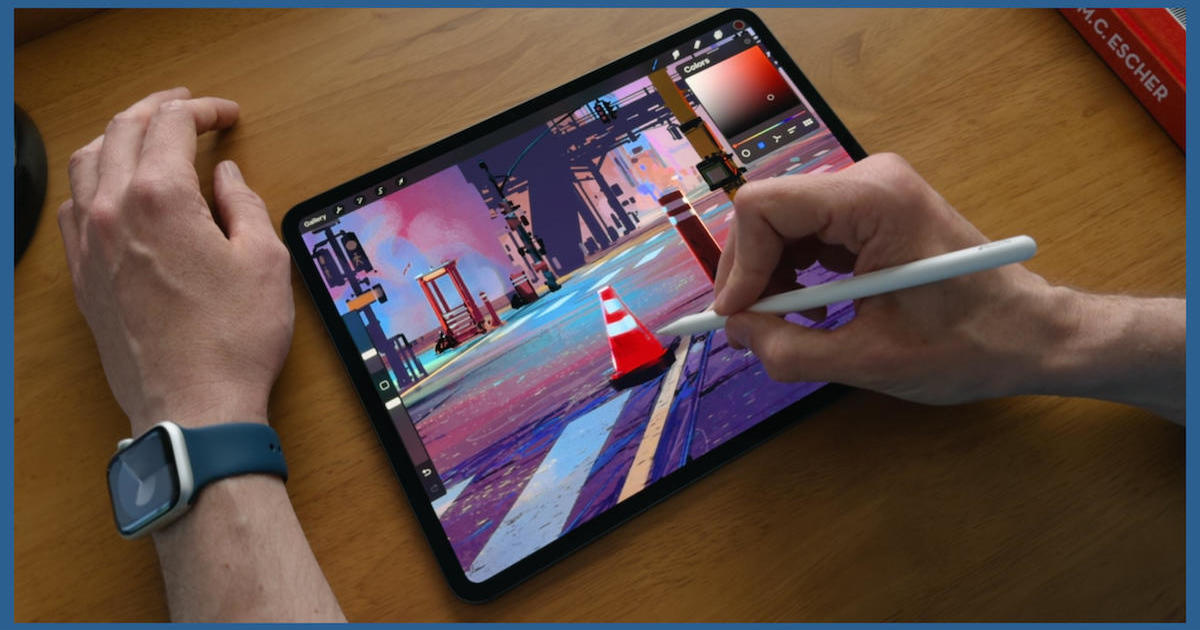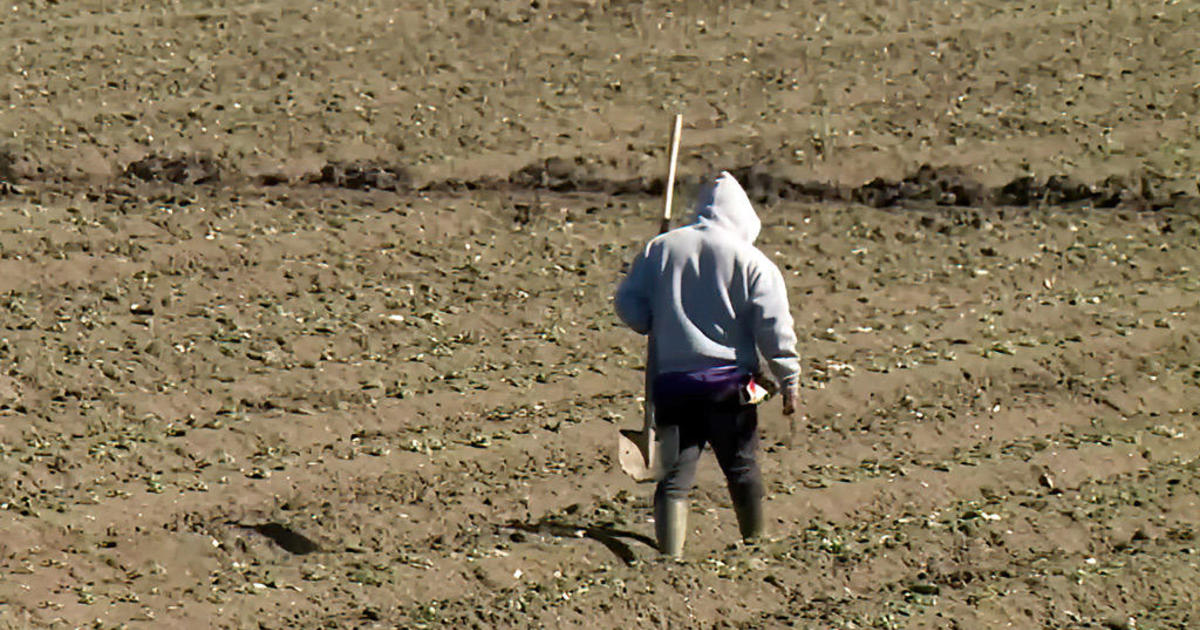Asteroid will make one of the closest-ever passes of planet Earth Thursday
An asteroid the size of a box truck is about to make one of the closest passes of planet Earth ever recorded.
The small near-Earth asteroid, called 2023 BU, will zip over the southern tip of South America at 7:27 p.m. ET Thursday about 2,200 miles (3,540 kilometers) above Earth's surface. This distance is well within the orbit of global satellites.
There is no risk of the asteroid striking Earth, according to NASA.
Click To See NASA's Live Asteroid Tracker
If the space rock, which is estimated to be 11.5 to 28 feet (3.5 to 8.5 meters) across, did head for Earth, it would transform into a fireball once it entered the atmosphere and disintegrate. Any remaining debris would fall to the ground as small meteorites, according to the space agency.
Amateur astronomer Gennadiy Borisov spotted the asteroid from the MARGO observatory in Nauchnyi, Crimea, on Saturday. Borisov previously discovered the interstellar comet 2I/Borisov in 2019.
The Minor Planet Center, which tracks the positions of minor planets, comets and space rocks, also received recent reports of observations of the asteroid 2023 BU. Once enough observations were registered, the center announced the discovery of the asteroid. Under the auspices of the International Astronomical Union, the organization is responsible for the identification, designation and orbital data for such celestial objects.
Observatories around the world made further observations after the discovery's announcement Sunday, allowing for precise refining of 2023 BU's orbit.
The Scout impact hazard assessment system at NASA's Center for Near Earth Object Studies analyzed the data from the Minor Planet Center and predicted that the asteroid would miss Earth.
The Center for Near Earth Object Studies, located at the Jet Propulsion Laboratory in Pasadena, California, calculates the trajectory of all known near-Earth asteroids to assess their potential impact on our planet.
"Scout quickly ruled out 2023 BU as an impactor, but despite the very few observations, it was nonetheless able to predict that the asteroid would make an extraordinarily close approach with Earth," said Davide Farnocchia, a navigation engineer at JPL who developed Scout, in a statement. "In fact, this is one of the closest approaches by a known near-Earth object ever recorded."
Earth's gravity changes the trajectory of asteroids, but 2023 BU will come so close to our planet that its orbit around the sun will change after the encounter.
Before Thursday's close pass, the asteroid had a circular orbit that took about 359 days to complete around the sun. Afterward, scientists estimate that the asteroid's orbit will elongate, extending that single orbit of the sun to 425 days.



